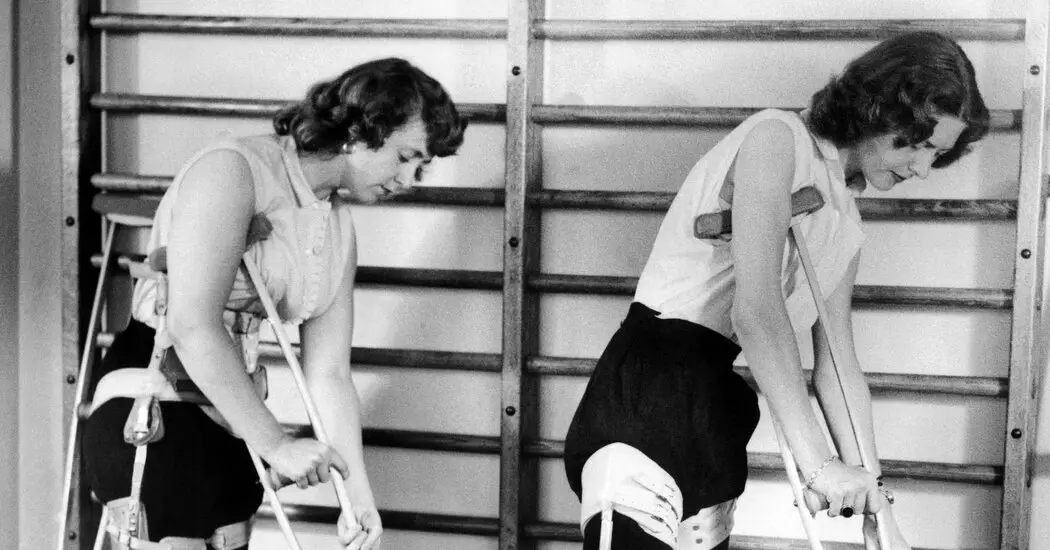
:max_bytes(150000):strip_icc():format(jpeg)/Health-GettyImages-CaffeineAndMagnesium-rt-9d4809d49cd04f55a2c8a10b6cad87a2.jpg)
Caffeine is a natural stimulant found in over 60 plants. It can provide energy and alertness and act as a diuretic, helping the body eliminate fluids and certain electrolytes through urine.
Magnesium is an electrolyte and mineral found in certain foods, medications, and supplements. It’s necessary for several body functions, including energy production, bone health, and muscle and nerve health.
Caffeine’s diuretic nature may lower magnesium levels in the body, which can lead to unwanted side effects or complications.
Whenever you eat, drink, or take medication, your body breaks down the product (usually in the intestines) and moves the nutrients into your blood. From there, the important nutrients are used wherever the body needs them.
Caffeine is a diuretic that helps the body eliminate fluids and certain electrolytes and minerals through urine. Your body loses about 1.17 milliliters of water for every milligram of caffeine consumed. Diuretics may be useful in certain conditions, but there are risks associated with using them often.
Your kidneys regulate the magnesium in your body by keeping what it needs (or reabsorbing) and removing what is unnecessary through your urine. Diuretics cause your kidneys to eliminate more magnesium and reabsorb less. This can lead to low magnesium levels, also called hypomagnesemia or magnesium deficiency. Caffeine may also affect how well your intestines absorb and use magnesium, potentially lowering magnesium levels.
There is conflicting data on whether magnesium loss gets better or worse if you regularly consume caffeine. Some researchers believe your body gets used to regular caffeine consumption, so you do not lose as much fluid. Others believe that regularly consuming caffeine makes you more likely to experience fluid and magnesium absorption issues.
More research is needed to understand how caffeine affects magnesium levels. No studies have been completed in recent years that directly evaluate the interaction.
For most people, consuming no more than 400 milligrams of caffeine is considered safe. However, the effects of caffeine can vary based on a person’s sensitivity to caffeine and how quickly it is eliminated from their body. The United States Food and Drug Administration (FDA) estimates that 1,200 milligrams of caffeine can cause dangerous effects, like seizures.
When you think about caffeine, you usually think of drinks like coffee, tea, and soda. Caffeine can also be found in other products, including protein bars, ice cream, gum, and medications or supplements.
The amount of caffeine in drinks varies on the product. For example:
- An 8 ounce (oz) cup of coffee usually contains 95-200 milligrams (mg) of caffeine
- An 8 oz (1 cup) energy drink usually contains 70-100 mg of caffeine
- An 8 oz cup of tea usually contains 14-60 mg of caffeine
- A 12 oz can of soda usually contains 35-45 mg of caffeine
The FDA’s recommended daily intake in adults for magnesium is:
- Males 19-30 years old: 400 mg
- Females 19-30 years old: 310 mg
- Males 31 years and older: 420 mg
- Females 31 years and older: 320 mg
The recommended daily allowance for magnesium is higher for people who are pregnant:
- Pregnant person 19-30 years old: 350 mg
- Pregnant person 31-50 years old: 360 mg
The recommended daily intake of magnesium includes magnesium from dietary and food sources.
Low magnesium levels are common, with researchers estimating that nearly half of people in the U.S. consume less magnesium from their diet than they should. However, not everyone experiences symptoms of magnesium deficiency.
Effects of low magnesium levels include:
- Arrhythmia (abnormal heartbeat)
- Fatigue (feeling tired)
- Higher stress or anxiety levels
- Loss of appetite
- Nausea and/or vomiting
- Muscle cramps or spasms
- Seizures
- Weakness
Severely low magnesium can also cause other electrolytes to get low, like calcium and potassium.
Talk with your healthcare provider if you experience any of the symptoms listed above. They can evaluate your medical history, lab values, and other factors to understand and correct the cause.
Other things that can lower your magnesium level include:
- Poor diet or malnutrition
- Fluid loss, such as excessive sweating or diarrhea
- Malabsorption (difficulty absorbing or digesting nutrients from food)
- Excessive urination
- Using alcohol
- Certain medications, like diuretics, laxatives, and certain chemotherapies
Discuss which medical conditions or medications may affect your magnesium levels with your healthcare provider.
There are numerous ways that you can improve magnesium absorption, such as consuming magnesium-rich foods, taking magnesium supplements, and maintaining a well-balanced diet.
The first step to improving your magnesium absorption is to ensure that your diet is full of magnesium-rich foods. Dietary sources of magnesium include:
- Green leafy vegetables, like spinach
- Whole grains
- Nuts and legumes
- Seeds, like pumpkin and chia seeds
If you are unable to obtain enough magnesium from your diet, you can also take magnesium supplements. Magnesium supplements are available in a variety of forms, such as magnesium oxide, magnesium citrate, and magnesium glycinate.
Each type of magnesium has benefits and downsides, depending on your health conditions and treatment goals. Talk with your healthcare provider to determine which magnesium supplement would be best for you.
Low amounts of other essential vitamins and nutrients may also affect magnesium levels. Consuming a well-balanced diet promotes better mineral absorption overall.
Ways to balance your caffeine intake and magnesium levels include:
- Limit your caffeine intake: Limiting your caffeine consumption can help keep your magnesium levels normal. You can also consider switching to less caffeine or decaffeinated products. Keep in mind that decaf does not always mean caffeine-free.
- Stay hydrated: Coffee’s diuretic effect can lead to dehydration, lowering magnesium even more. Staying hydrated can help you avoid dehydration and its further negative effects.
- Improve your magnesium intake: Whether through supplements or diet, maintaining adequate magnesium intake can help your levels.
Due to its diuretic nature, caffeine may affect the absorption and use of magnesium, lowering magnesium levels in your body. Low magnesium levels can lead to unwanted complications, such as muscle cramps or seizures.
More research is needed to understand how caffeine affects magnesium levels. No studies have been completed in recent years that directly evaluate the interaction.
Talk with your healthcare provider if you want to understand how your caffeine intake may affect your magnesium levels.








